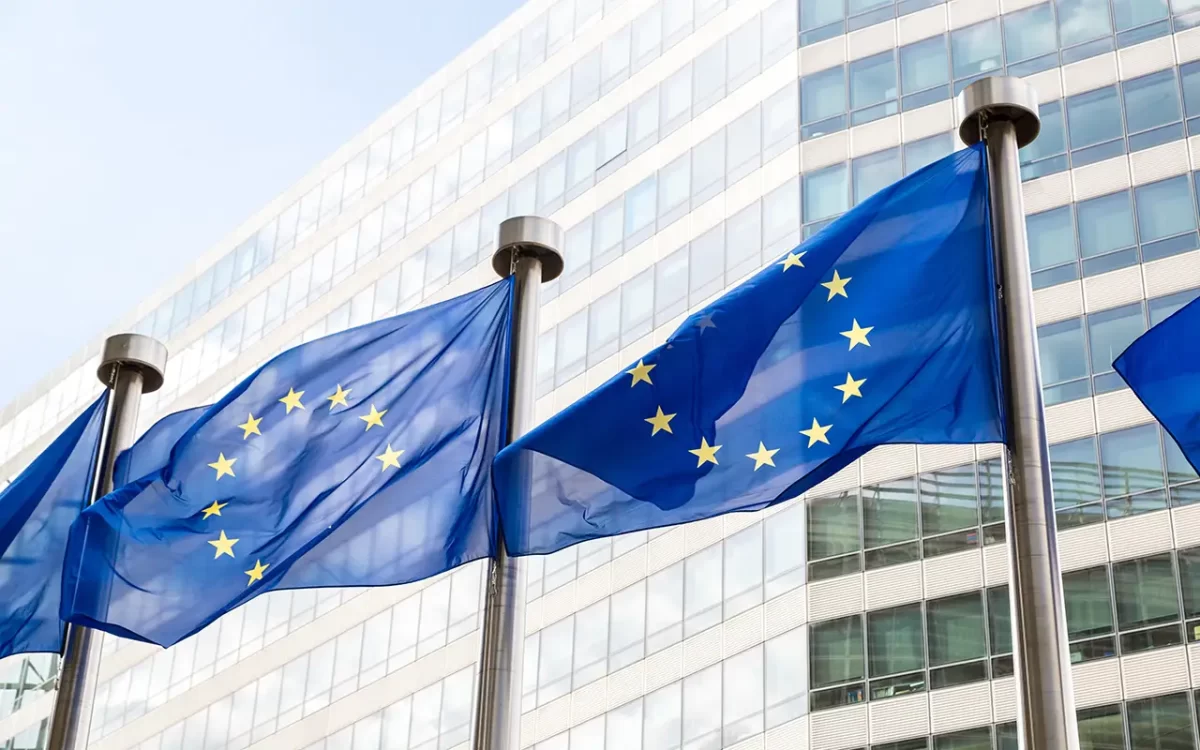
European Commission’s 2023 State of Schengen Report: Assessing Progress, Outlining Priorities
Today, 16 May 2023, the European Commission published the State of Schengen report. This annual report is meant to express what has been done successfully and what matters need improvement -or urgent attention- in the Schengen area.
Overall, the State of Schengen report aims to fortify the management of the Schengen area. In fact, it will be used to make certain decisions or frame political discussions at the Schengen Council on 8 June 2023.
On this occasion, the report celebrates that the Schengen area is now broader with the inclusion of Croatia from 1 January 2023. It also highlights the creation of a European border management strategy involving borders and police cooperation, as well as the start of the interoperability of large-scale IT systems through the launch of a renewed Schengen Information System (SIS).
Additionally, since March 2022, there is a Schengen Council with ministers that guide strategic operations and, since June 2022, a Schengen Coordinator.
Parallelly, the second State of Schengen report specifies the current Schengen area’s key priorities, such as:
- The enhancement of the Schengen governance through the introduction of the new Schengen evaluation framework with specific recommendations for Member States to boost their operational capacity. The Schengen Council will be able to use this to propose actions to all countries of the Schengen acquis.
- The incorporation of the European Integrated Border Management, which is meant to improve the management and security of EU external borders.
- The removal of internal border controls in favor of police cooperation measures, except in extraordinary circumstances.
- The commitment to deliver on the Entry-Exit System, which is a technological system designed to monitor and track the entry and exit of third-country nationals in the Schengen Area.
- The improvement of the return system, which refers to the process of returning individuals who do not have a legal right to stay in the European Union (EU) back to their home countries, with the use of the Schengen Information System (SIS) as a database.
- The increment of cooperation and coordination among Member States in implementing return decisions following the Commission Recommendation on mutual recognition of return decisions.
- More police cooperation, as recommended by the Council, to combat drug trafficking and organized crime across internal borders and develop a common risk analysis.
- Addressing irregular migration and security risks with the tools provided by the EU visa policy. The removal of risky residence or citizenship by investment programs.
- Allowing Bulgaria and Romania to become full members of the Schengen area.
“Over the last year, we have achieved key milestones with the enlargement to Croatia as well as new rules for ensuring Schengen rules are implemented fully and the launch of new and interoperable IT systems supporting Schengen’s daily functioning,” said Margaritis Schinas, Vice-President for Promoting our European Way of Life. “The next year must be marked by similar advancements: enlarging Schengen further, bolstering external border management and returns even more, and making better and addressing shortcomings in our visa rules.”
“Schengen is the beating heart of Europe. It connects us. This second Schengen report outlines the measures we are taking to keep that heart healthy: in operation, in representation, and in membership,” added Ylva Johansson, Commissioner for Home Affairs. “I am looking forward to discussing the priorities for this new Schengen cycle at the Justice and Home Affairs Council on 8 June.”









































































































































































































